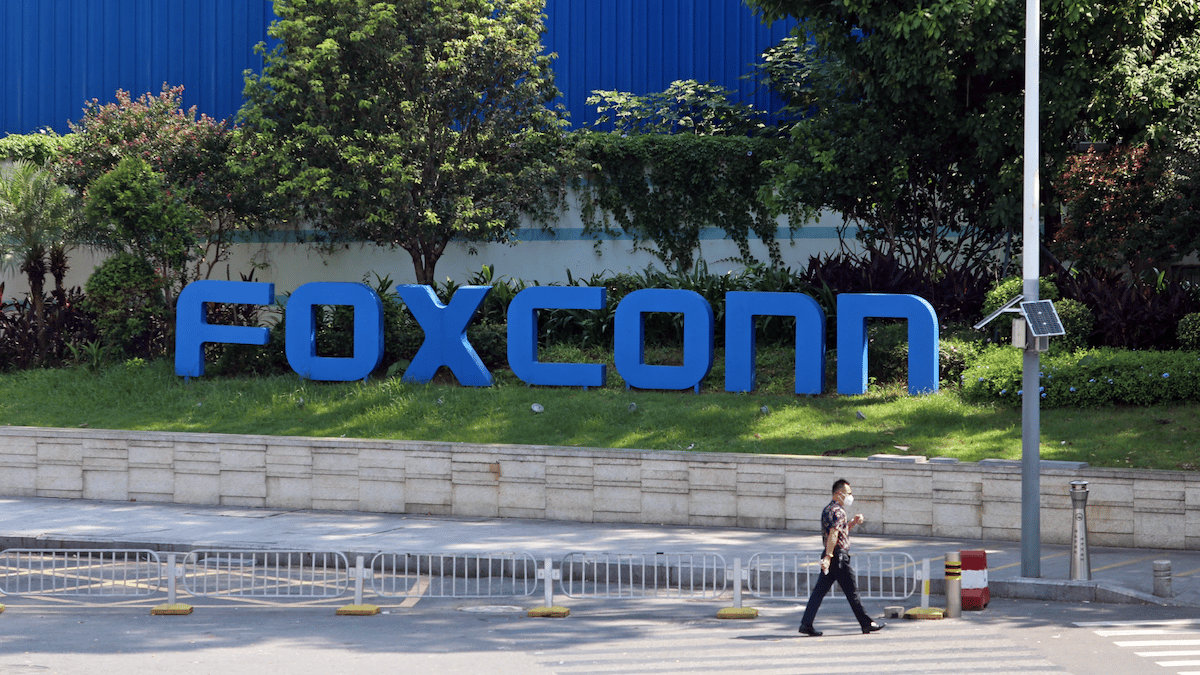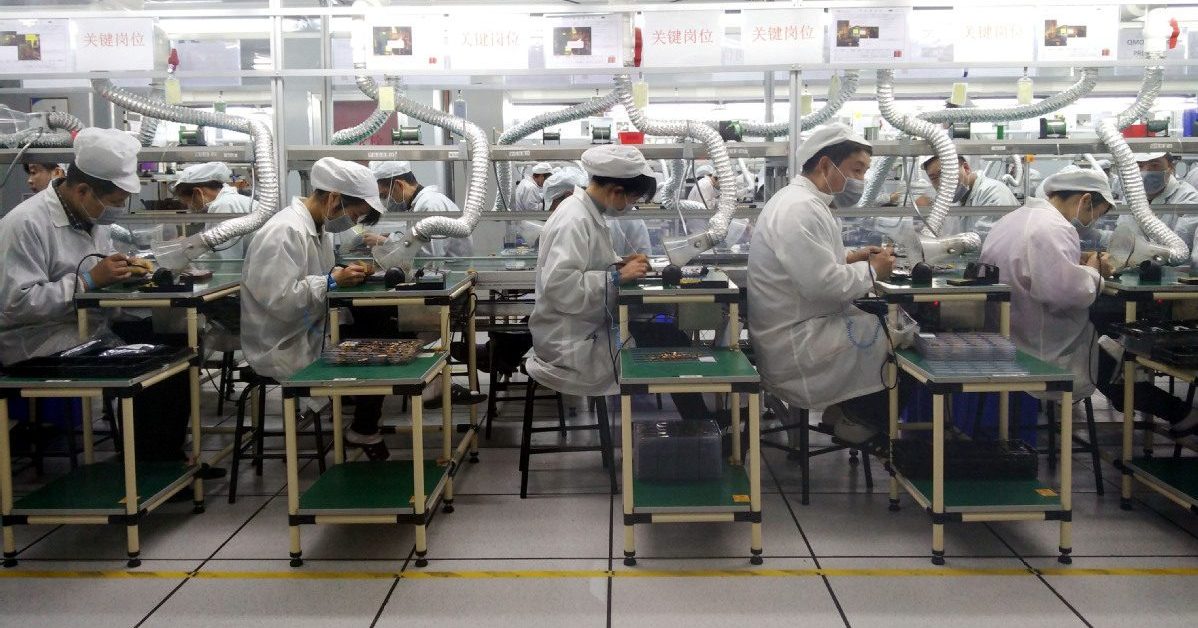Apple is moving full speed ahead with its plan to shift some of its production away from China. To help facilitate the move, the tech giant has told its partners to increase workers and expand facilities in India and Vietnam.

Apple wants to reduce reliance on China and its main iPhone assembler Foxconn
According to a new report by the Wall Street Journal, the Cupertino tech giant is working toward reducing its dependence on China. Apple is now telling its suppliers to expand their facilities and workforce for the assembly of its products elsewhere in Asia, specifically India and Vietnam. There are numerous reasons for this including geopolitical tensions, unstable production, and an increase in labor costs.
In addition, the report also notes that Apple wants to reduce its dependency on Foxconn Technology Group companies. As of right now, Foxconn is responsible for assembling more than 90% of global iPhone shipments. However, the company has recently been facing production issues at its main iPhone assembly plant in China due to COVID outbreaks.
Although COVID-19 lockdowns in Shanghai and Zhengzhou have ended and Foxconn is free to resume regular production, the entire situation showed just how much Apple is dependent on the Taiwanese assembler. From workers escaping Foxconn’s facilities due to unsafe living conditions, to riots, and offering incentives to attract new workers, there were a ton of issues the supplier had to deal with over the last couple of weeks.

Although Foxconn has also announced plans to significantly expanded the workforce at its iPhone factory in India to deal with iPhone demand, it makes sense that Apple is looking to reduce its dependence on the company.
Even though Apple is accelerating plans to move production away from China, it does not mean that it will be easy. A previous report from Bloomberg Intelligence revealed that it would likely take the Cupertino tech giant eight years to move just 10% of its production capacity outside of China, where almost 98% of its iPhones have been made.
The reason for this is that the Chinese market is very skilled in the production of electronics. In the report, BI notes that “scores of local component suppliers, modern and efficient transport, communication and electricity supplies,” would make it incredibly difficult to find such a developed system elsewhere, so suppliers will have to create it from scratch.